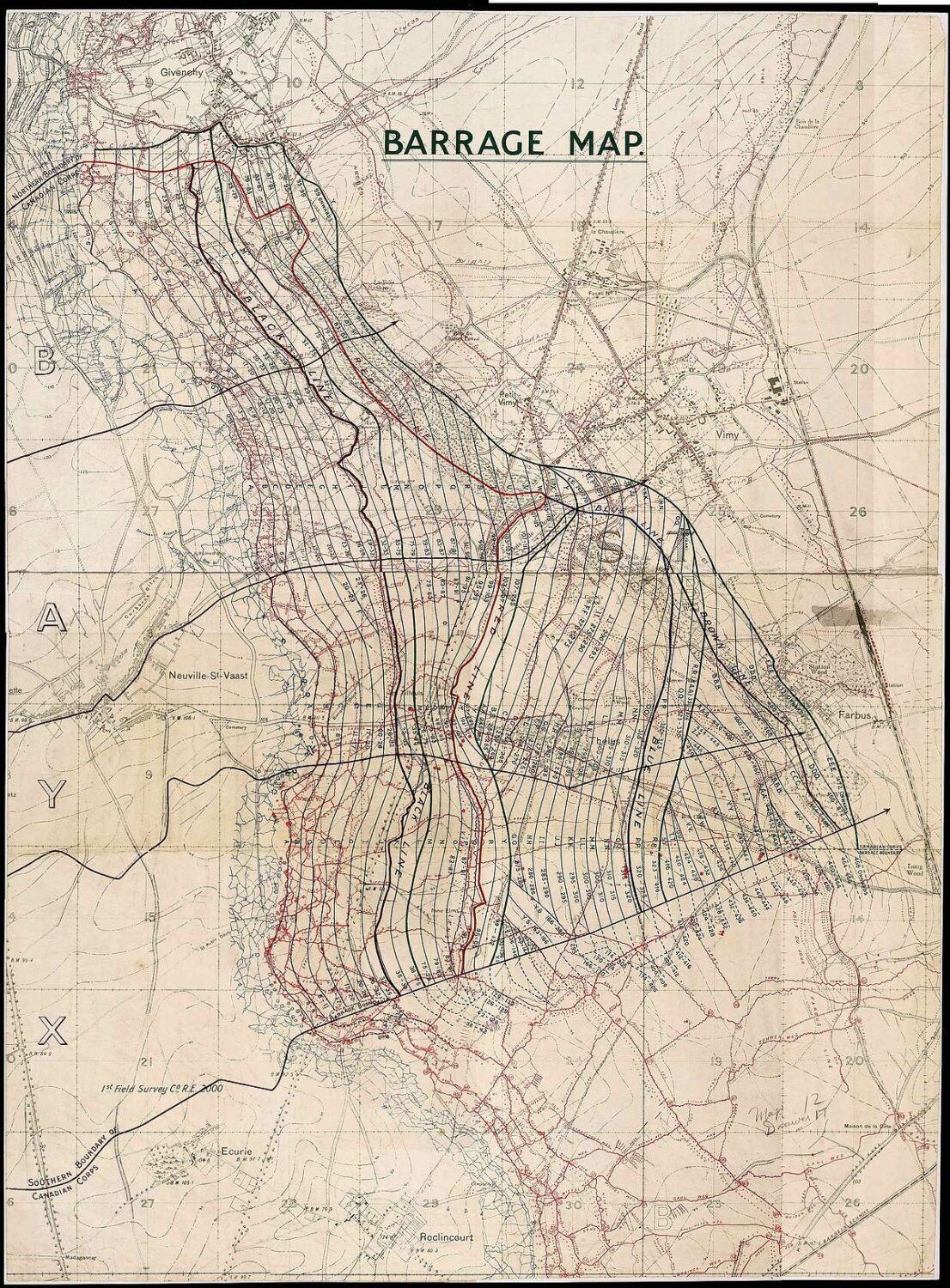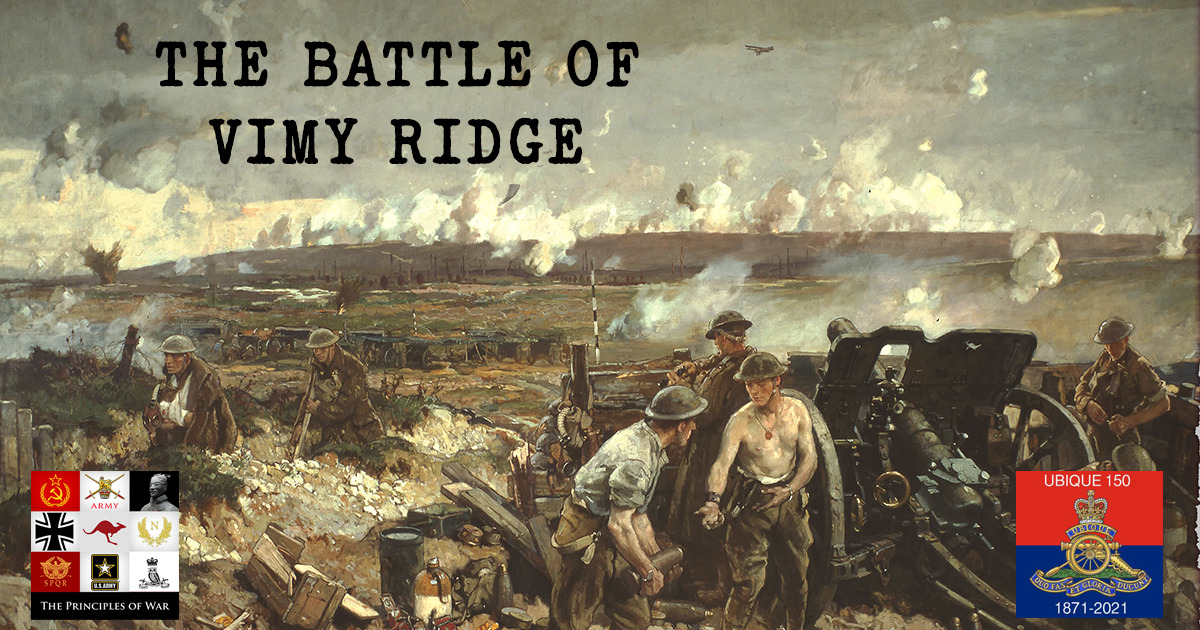This is a special miniseries on Vimy Ridge to celebrate 150 years of Permanent Artillery since the formation of A and B Batteries, Royal Canadian Artillery.
This episode discusses the 4 phases of the artillery support and discusses how it set the conditions for the infantries successful assault of Vimy Ridge.
Phase 1. Gradual increase in fires and build-up of artillery in the area of operations.
Phase 2. Intensification of the fires. This includes 2 full rehearsals. The Germans described this as the week of suffering. It degraded the morale of the troops in the line. Main Effort – Counter Battery fires.
Phase 3. A rolling barrage preceding the infantry attack. Batteries moved into forward positions to support the infantry in .
Phase 4. Artillery moved forward to support the infantry repel counterattacks. Once the infantry had taken their objectectives the artilly moved up to ensure that they would be able to protect the infantry from German counter attacks.
By the moring of the assualt 50,000 tons of ammunition had been fired. 125,900 had been allocated to counter battery fires and 83% of batteries had been neutralised.













